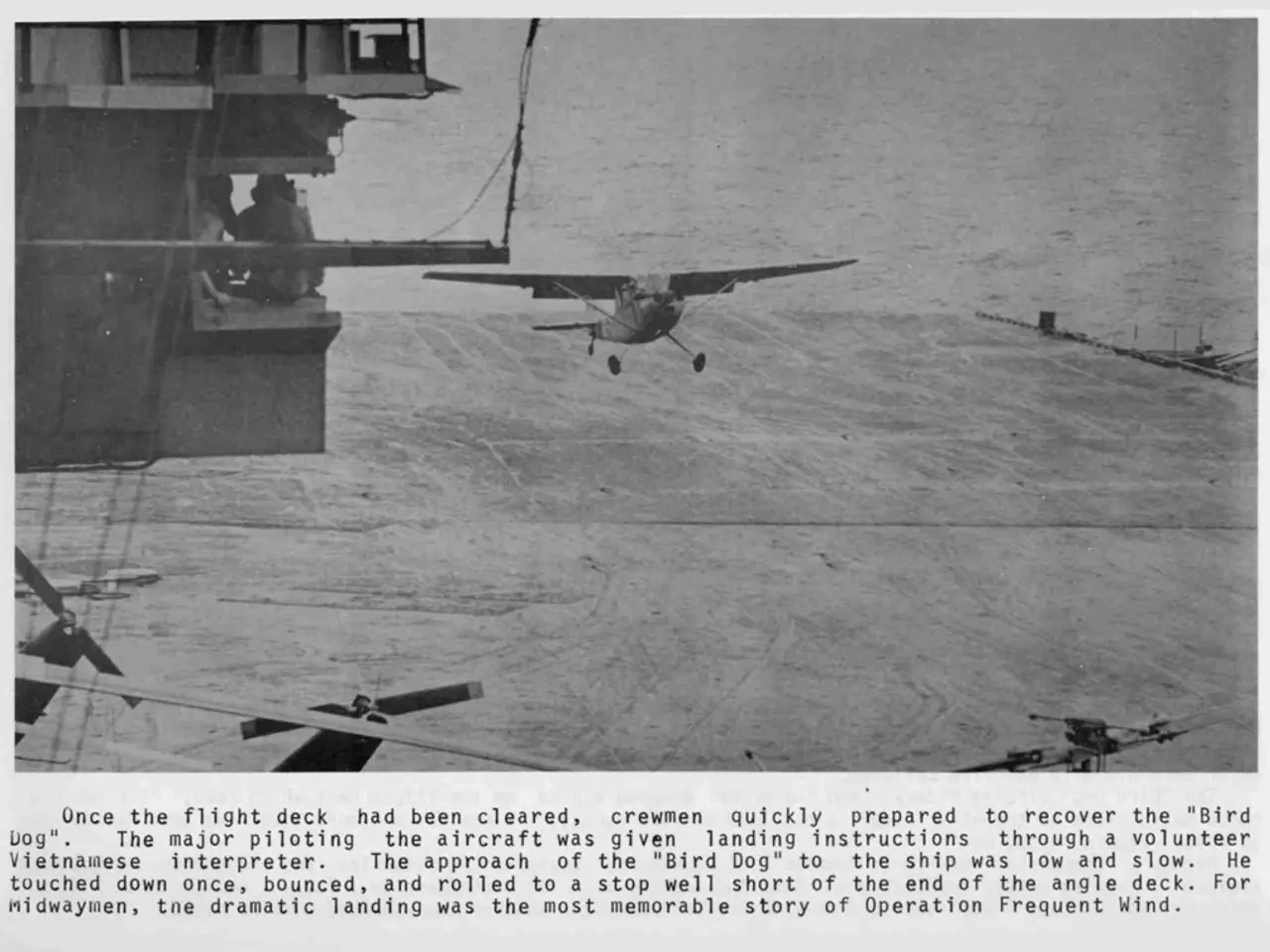Kintetsu World Express and Shell Aviation Finalize Sustainable Aviation Fuel Agreement
In a significant move towards sustainable aviation, Shell Aviation and Kintetsu World Express (KWE) have entered into an agreement aimed at promoting the adoption of Sustainable Aviation Fuels (SAF). This partnership comes at a time when the production of SAF has doubled from 2023 to 2024, marking a promising step towards reducing CO2 emissions in the aviation sector.
The agreement between the two parties involves KWE adopting Shell Aviation's digital platform, Avelia. Avelia is designed to provide a clear, scalable pathway to credible life cycle GHG emissions reductions from aviation, making it an ideal tool for companies like KWE that have identified the use of SAF as a means to reduce CO2 emissions.
The pause in construction at Shell Energy and Chemicals Park Rotterdam, where Shell Nederland Raffinaderij temporarily halted the construction of its 820,000 tonnes-a-year biofuels facility last summer, could potentially impact this clear, scalable pathway to credible life cycle GHG emissions reductions from aviation as promised by Shell Aviation.
Tatsuya Narasaki, Managing Officer at Kintetsu World Express, identifies the reduction of CO2 emissions and promotion of renewable energy use as key sustainability challenges. For Narasaki, the use of SAF is a crucial part of KWE's approach to addressing these challenges.
The pause in construction at the Rotterdam site is not isolated. Neste also interrupted the plans for the construction of an 820,000-ton-per-year biofuel plant in Rotterdam's Botlek energy and chemical park the summer before. This pause in the nascent SAF sector is a blow to its development.
Shell Aviation, through Doris Tan, Head of Shell Aviation, Asia Pacific and Middle East, aims to accelerate SAF adoption. The pause in construction may affect the timeline for this goal. However, the partnership with KWE is a testament to Shell Aviation's commitment to driving SAF adoption, even in the face of challenges.
The adoption of SAF represents a small fraction of total jet fuel, but its potential to significantly reduce CO2 emissions makes it a key component in the aviation industry's efforts to address sustainability challenges. With partnerships like the one between Shell Aviation and Kintetsu World Express, the future of sustainable aviation looks promising.








